|
“Once again, the House has passed the Protect Reporters from Exploitive State Spying (PRESS) Act with unanimous, bipartisan support. Forty-nine states have press shield laws protecting journalists and their sources from the prying eyes of prosecutors. The federal government does not. From Fox News to The New York Times, government has surveilled journalists in order to catch their sources. Journalists have been held in contempt and even jailed for bravely safeguarding the trust of their sources.
“The PRESS Act corrects this by granting a privilege to protect confidential news sources in federal legal proceedings, while offering reasonable exceptions for extreme situations. Such laws work well for the states and would safeguard Americans’ right to evaluate claims of secret wrongdoing for themselves. “Great credit goes to Rep. Kevin Kiley and Rep. Jamie Raskin for lining up bipartisan support for this reaffirmation of the First Amendment. As in 2022, the last time the House passed this act, the duty now shifts to the U.S. Senate to respond to this display of unanimous, bipartisan support. I am optimistic. At a time of gridlock, enacting this bill into law would be a positive message that would reflect well on every Senator.” July was a banner month for surveillance reform. For years, civil libertarians have warned about the widespread practice of third-party data brokers selling Americans’ most sensitive and private information, scraped from our apps, to more than a dozen federal intelligence and law enforcement agencies, including the FBI, Drug Enforcement Administration, and the many agencies of the Department of Homeland Security.
The public is alarmed. Lawmakers in both parties are beginning to take effective action. In July, the House Judiciary Committee unanimously passed The Fourth Amendment Is Not for Sale Act, which would restrict the ability of government agencies to warrantless extract Americans’ personal information from data purchases. Sen. Ron Wyden (D-OR) is reintroducing this measure in the Senate. If the will of the Congress wasn’t clear enough, also in July the House passed an amendment sponsored by Rep. Warren Davidson (R-OH) and Sara Jacobs (D-CA) to the National Defense Authorization Act that expressly prohibits half of the intelligence community, including the NSA and the Defense Intelligence Agency, from purchasing our data at all, absent a warrant, court order, or subpoena. Supporters of similar reforms range from the conservative Chairman of the House Judiciary Committee, Jim Jordan, to the liberal Ranking Member and former Chairman, Jerry Nadler. A passion for surveillance reform brings together respected members from Rep. Thomas Massie (R-KY) to Rep. Zoe Lofgren (D-CA), from Sen. Wyden to Sen. Mike Lee (R-UT). It might seem, then, that surveillance reform is now a slam-dunk certainty. It isn’t. Consider the fate of Lee-Leahy, a bill that would have imposed the rather modest goal of requiring the judges of the Foreign Intelligence Surveillance Act (FISA) court to seek the advice of civil liberties experts in cases that involve significant civil rights concerns when political, religious, or journalistic groups are surveilled and investigated. That measure passed the Senate in 2020 by an overwhelming 77 votes. Then, through a process of legislative confusion and the Trump Administration’s policy contortions, this modest and popular bill sailed into the round file like a paper airplane. The Davidson-Jacobs Amendment and The Fourth Amendment Is Not For Sale Act risk dying in a far less dramatic way than Lee-Leahy did. All the elected champions of the surveillance state have to do is let these measures die in the darkness of a committee room or the Senate calendar. More good legislation has been killed by benign neglect than by explicit filibusters. Any American who cares about privacy and civil liberties must draw two conclusions from this realization. First, now more than ever, civil libertarians need to ramp up the activity. Members of Congress must know that this year we won’t settle for feel-good, symbolic votes. The Fourth Amendment Is Not For Sale Act must get a floor vote in the Senate. Second, civil libertarians must continue to insist that FISA’s Section 702, an authority under which the government surveils foreigners, must be reformed so that it cannot continue to be used by the FBI and other agencies as a domestic surveillance tool. This reform must necessarily include closing the legal loophole that allows the government to buy our personal information and thumb through it, all without a warrant. As Kenny Loggins sang so long ago, “this is it!” Our back is to the corner. Join the efforts of the civil liberties community by clicking here to stand up and fight! The digital trail you leave behind can be used to create a profile of you by your race, religion, gender, sexual orientation, financial issues, personal medical history, mental health, and your physical location.
PPSA has long warned against the routine sale of our personal and sensitive information scraped from apps and sold to U.S. federal agencies by data brokers. The general counsels of these law enforcement and intelligence agencies claim that they are not violating the Fourth Amendment prohibition against warrantless search and seizure because they are not seizing our data at all. They’re just buying it. That is galling enough, but what about hostile governments accessing your most personal information? They have no guardrails and would surely have no scruples in using your information against you and, for those in the military or other sensitive positions, the United States. Under Chinese law, China’s technology companies are obligated to share their data with Chinese intelligence. Imagine all the data Chinese military, intelligence, and commercial actors have on the 80 million American users of TikTok. Then multiply that by all the data China acquires through legal, commercial means. “Massive pools of Americans’ sensitive information – everything from where we go, to what we buy and what kind of health care services we receive – are for sale to buyers in China, Russia and nearly anyone with a credit card,” said Sen. Ron Wyden, (D-OR), sponsor of the Protecting Americans’ Data from Foreign Surveillance Act of 2023. “The privacy and security of our data is essential to the freedoms we hold dear,” said co-sponsor Sen. Cynthia Lummis (R-WY). “If foreign adversaries can access our data, they can control it.” Their bill is also supported in the Senate by Sens. Sheldon Whitehouse (D-RI), Bill Hagerty (R-TN), Martin Heinrich (D-NM), and Marco Rubio (R-FL). It is supported in the House by Rep. Warren Davidson (R-OH) and Rep. Anna Eshoo (D-CA). This bill would apply tough criminal and civil penalties to prevent employees of foreign corporations like TikTok from accessing U.S. data from abroad. “Freedom surrendered is rarely reclaimed,” said Rep. Davidson. PPSA agrees and supports this bill. “The need to address foreign exploitation of Americans’ data is urgent,” said Bob Goodlatte, former House Judiciary Committee Chairman and Senior Policy Advisor to PPSA. “This legislation should also prompt us to get our own house in order. Members should address exploitation of our personal information by our government. I hope every member who signs on to this bill supports requiring the U.S. government to obtain a warrant when it wishes to inspect our commercially acquired information, as well as data from Section 702 of the Foreign Intelligence Surveillance Act.” PPSA today announces the submittal of a Freedom of Information Act (FOIA) request with the Department of Justice seeking records on how and when DOJ uses secretive non-disclosure orders, or NDOs. Through such orders, DOJ is able to obtain private information from internet and telecom companies while also prohibiting those companies from informing American consumers that their personal information has been searched by the government.
In June, the House passed the NDO Fairness Act by voice vote. If enacted, this legislation would restrain the government practice of issuing NDOs to internet and telecom companies. While the Senate prepares to take up this legislation, PPSA thought it would be useful to inform the debate with information on the circumstances and frequency with which the Department of Justice and its agencies issue NDOs. We also thought it would be useful for senators to know what privacy safeguards are in place, including government guidelines, policies, and training requirements. With that in mind, PPSA submitted this FOIA request to the Department of Justice, and its components – the Executive Office for United States Attorneys, the FBI, the Drug Enforcement Administration, DOJ’s Criminal Division, and the Bureau of Alcohol, Tobacco, Firearms and Explosives. We are asking for records concerning:
“We have every reason to expect the government can release this basic data about how many NDOs are issued, the circumstances that prompted them, and the guardrails, if any, that constrain them,” said Gene Schaerr, PPSA general counsel. “We are not asking the government for a favor. We are seeking information Americans should know and the Senate needs for its debate.” Time for the Senate to Act!Bob Goodlatte, PPSA Senior Policy Advisor and former Chairman of the House Judiciary Committee, reacted to the unanimous passage of the Non-Disclosure Order (NDO) Fairness Act by the U.S. House of Representatives. This bill restricts the government’s currently unlimited ability to impose gag orders on telecom and digital companies. These gag orders keep these companies’ customers from learning that their sensitive, personal information has been surveilled by the government.
“This practice keeps thousands of Americans in the dark, never knowing that the government has snooped into their most sensitive, personal information – including communications that concern their health, financial transactions, and personal relationships,” Goodlatte said. “The NDO Fairness Act closes this privacy loophole in a way that balances the needs of the judicial process and public safety with the Fourth Amendment rights of Americans. When a bill is this popular – passing unanimously in the House Judiciary Committee and the full floor of the House – the Senate must take notice. “At a time when just about everything is gridlocked in Washington, passing this measure would be a sure sign that Congress can get something done that appeals to Americans in both parties. PPSA and our civil liberties partners – left, right, and center – urge the Senate to pass the NDO Fairness Act.” The House Judiciary Committee today passed the NDO Fairness Act by unanimous voice vote, clearing this bill for a vote on the House floor next week.
The Non-Disclosure Order (NDO) Fairness Act would place restrictions on the government’s current unlimited ability to impose gag orders on telecom and digital companies, keeping them from informing their customers that their sensitive, personal information has been surveilled. As a result, thousands of Americans – who are not suspected of any wrongdoing – never learn that communications about their health, financial transactions and personal relations have been reviewed by the government. “We are grateful to Rep. Scott Fitzgerald and Ranking Member Jerry Nadler for working to close a privacy loophole that has evolved into a serious encroachment of Americans’ constitutional rights,” said Bob Goodlatte, PPSA Senior Policy Advisor and former Chairman of the House Judiciary Committee. “All the Members of the Judiciary Committee deserve our gratitude for propelling the NDO Fairness Act along to floor of the House.” Goodlatte noted that the NDO Fairness Act passed the House by voice vote in June 2022, only to languish in the Senate. The bill passed by the House Judiciary Committee today directs courts to more heavily scrutinize gag order requests. It sets a time limit on these gag orders, requires notice to be given to customers soon after the expiration of the order, and gives Americans standing to contest a gag order in court. “This bill is well thought out, balancing the Fourth Amendment and privacy needs of Americans against the need to protect the judicial process and public safety,” Goodlatte said. “That is why this is such a popular bill enjoying such broad, bipartisan support. We hope the full House will swiftly pass this bill and give it new momentum in the Senate.” |
Categories
All
|

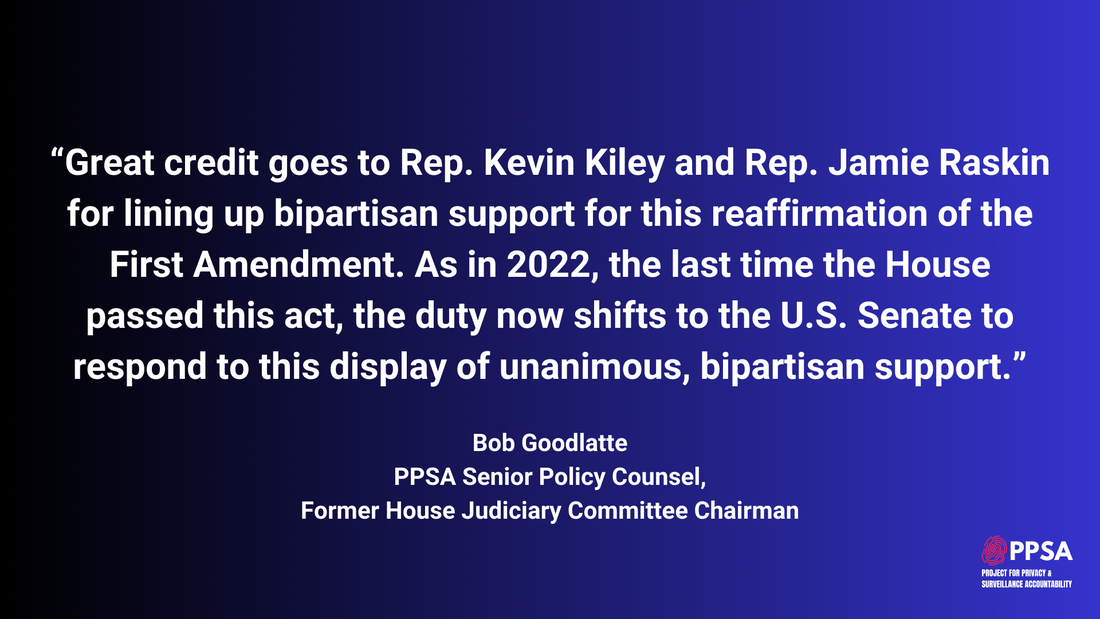

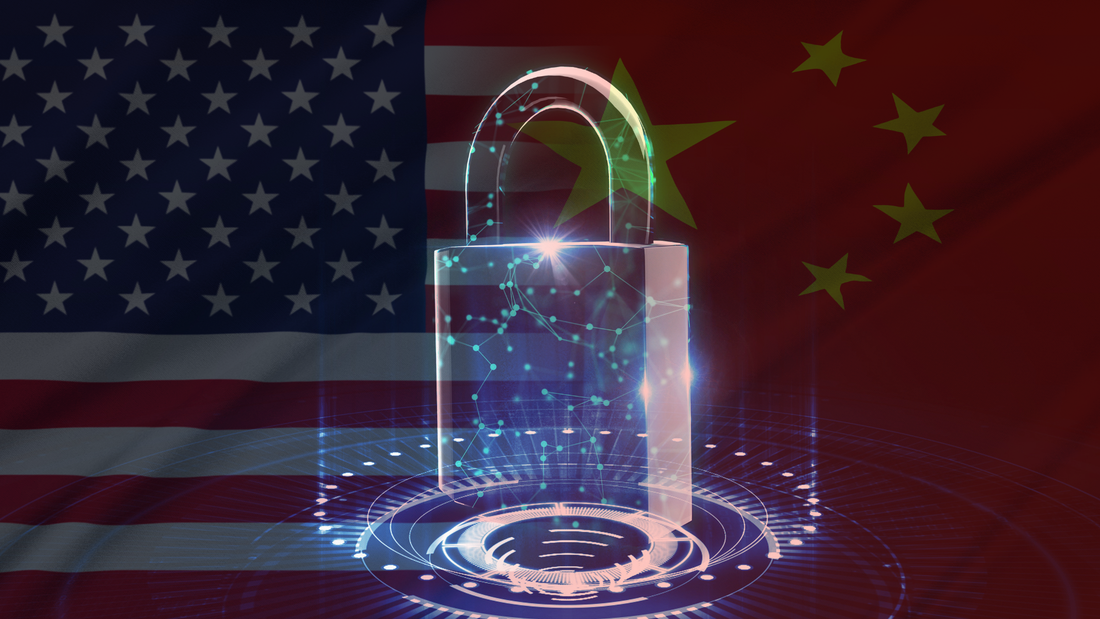
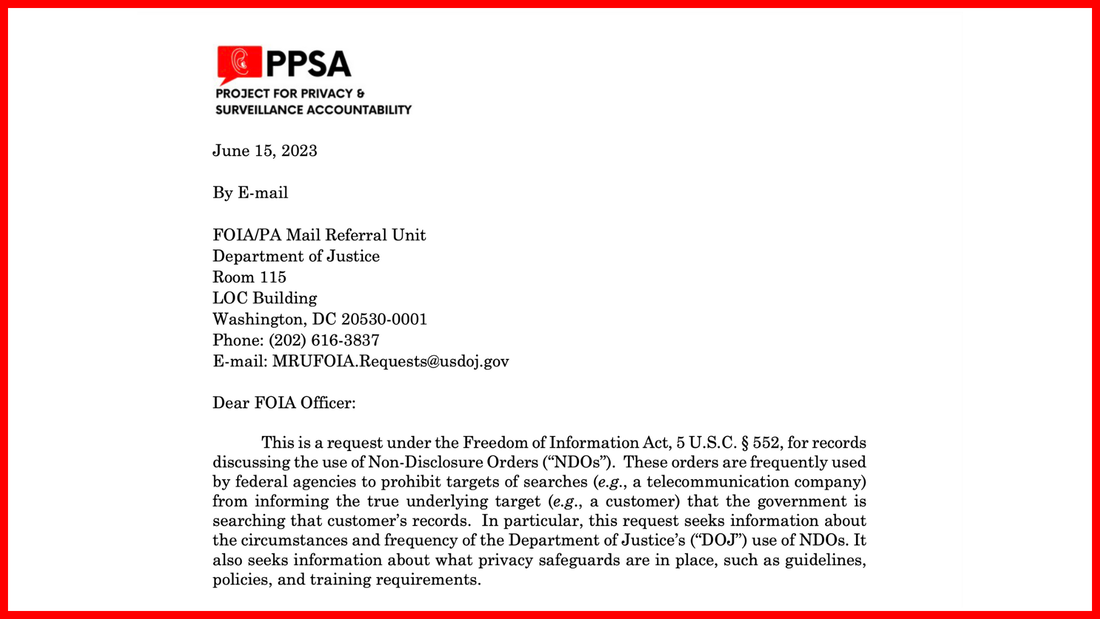
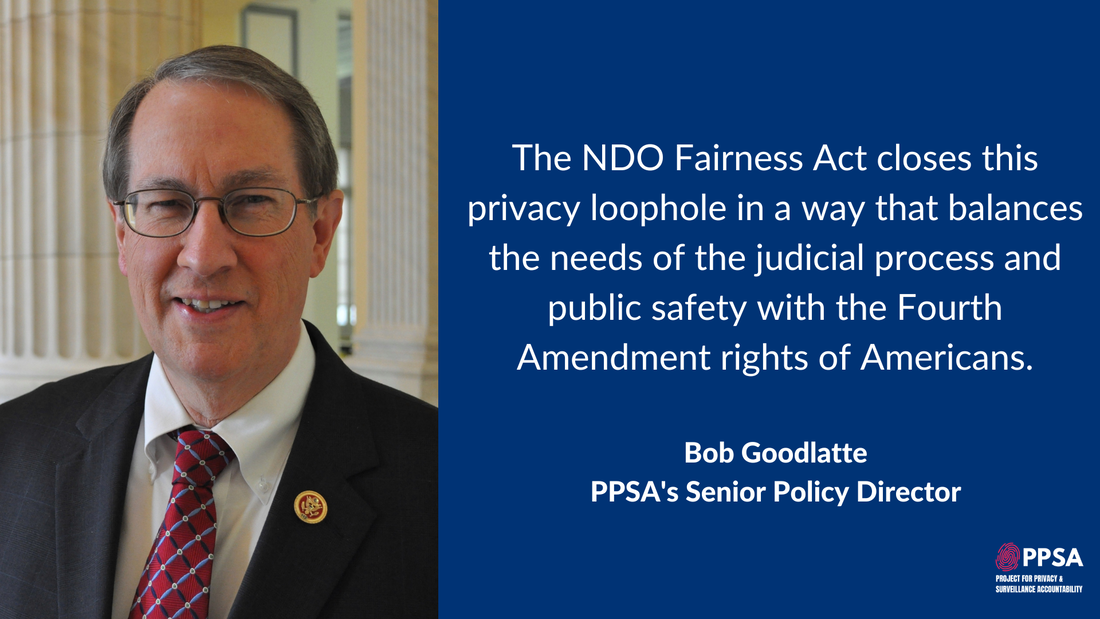
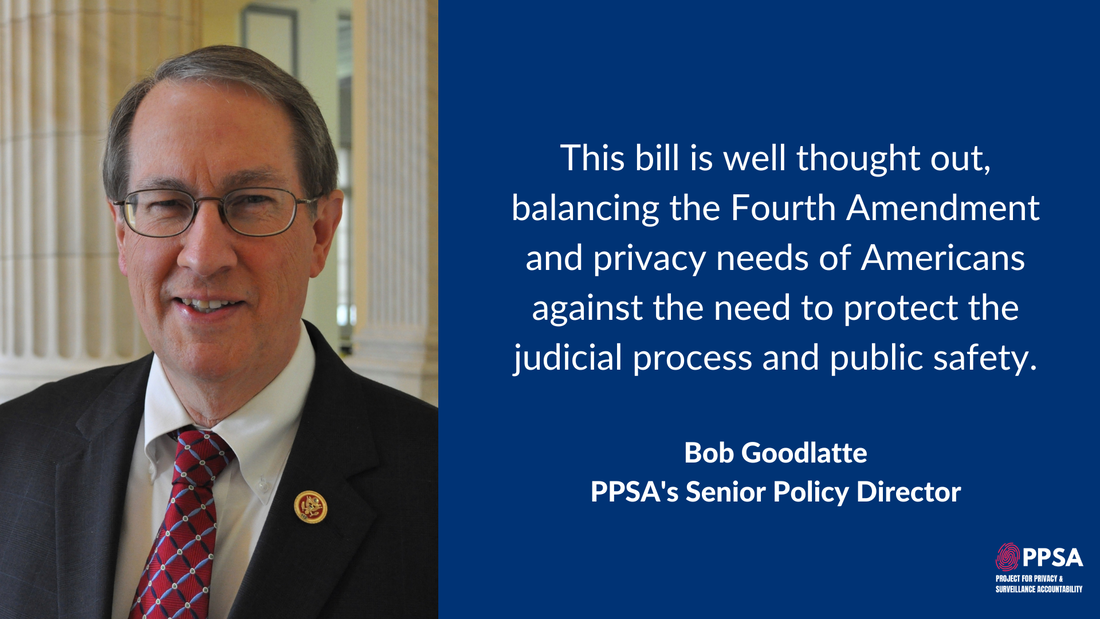
 RSS Feed
RSS Feed